Sugar and Sweeteners in Medicine: Should Diabetics Be Worried?
Introduction
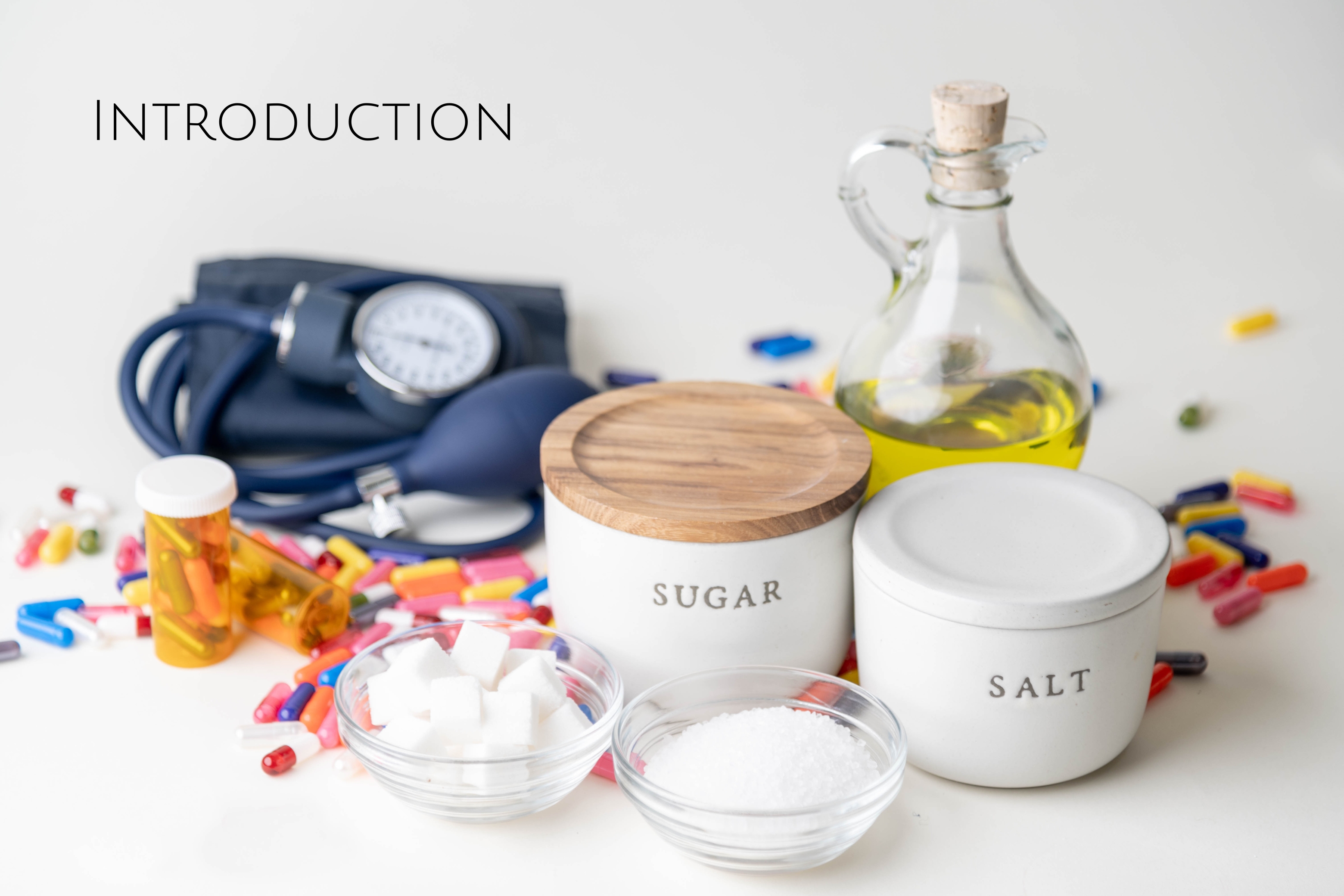
Sugar and sweeteners play a significant role in our diets, influencing not only flavor but also our health. For individuals with diabetes, this impact can be especially pronounced. Managing blood glucose levels is a critical aspect of diabetes care, requiring a careful approach to dietary choices, particularly concerning sugar and sweeteners. The relationship between these substances and diabetes is complex and often misunderstood, making it essential for diabetics to grasp the implications of their sweetener choices.
In recent years, the discussion surrounding sugar and its alternatives has intensified, spurred by increasing awareness of diabetes and its associated complications. With a growing body of research exploring the effects of sugar and sweeteners on health, many diabetics find themselves questioning what is safe to consume. This blog aims to explore the intricate relationship between sugar, sweeteners, and diabetes, examining whether diabetics should be genuinely concerned about their choices. By shedding light on the various types of sugars and sweeteners available, their effects on blood glucose levels, and how they fit into a diabetic diet, we hope to empower readers to make informed decisions about their health.
Understanding Sugar and Sweeteners
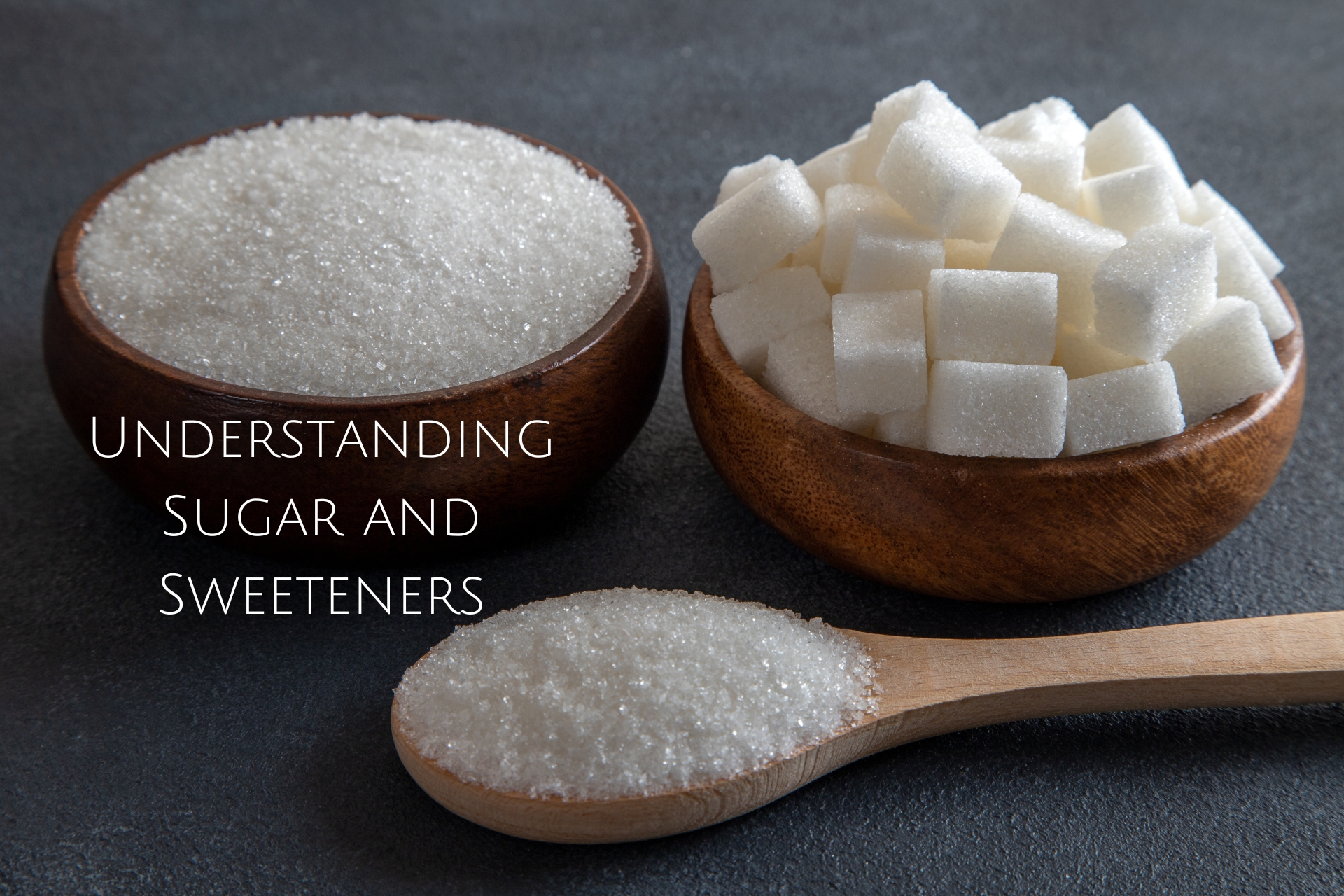
Sugar is a type of carbohydrate that provides energy to our bodies. It can be categorized into natural sugars, which are found in fruits, vegetables, and dairy products, and added sugars, which are incorporated into foods and beverages during processing. Common types of sugar include glucose, fructose, sucrose, and lactose, each with different metabolic effects.
Sweeteners are substances used to impart sweetness to foods and drinks. They can be divided into natural sweeteners, such as honey and agave, and artificial sweeteners, like aspartame and sucralose. Additionally, sweeteners can be classified based on their caloric content, with high-calorie sweeteners (like sugar) providing more energy and low-calorie sweeteners (such as artificial sweeteners) offering fewer or no calories.
While sugar has been a staple in human diets for centuries, the modern food landscape is saturated with added sugars, leading to increased consumption and associated health risks. Understanding the nuances of these sweeteners is crucial, especially for diabetics, as they navigate their dietary choices in a world filled with options that can significantly affect their health.
The Role of Sugar in Diabetes
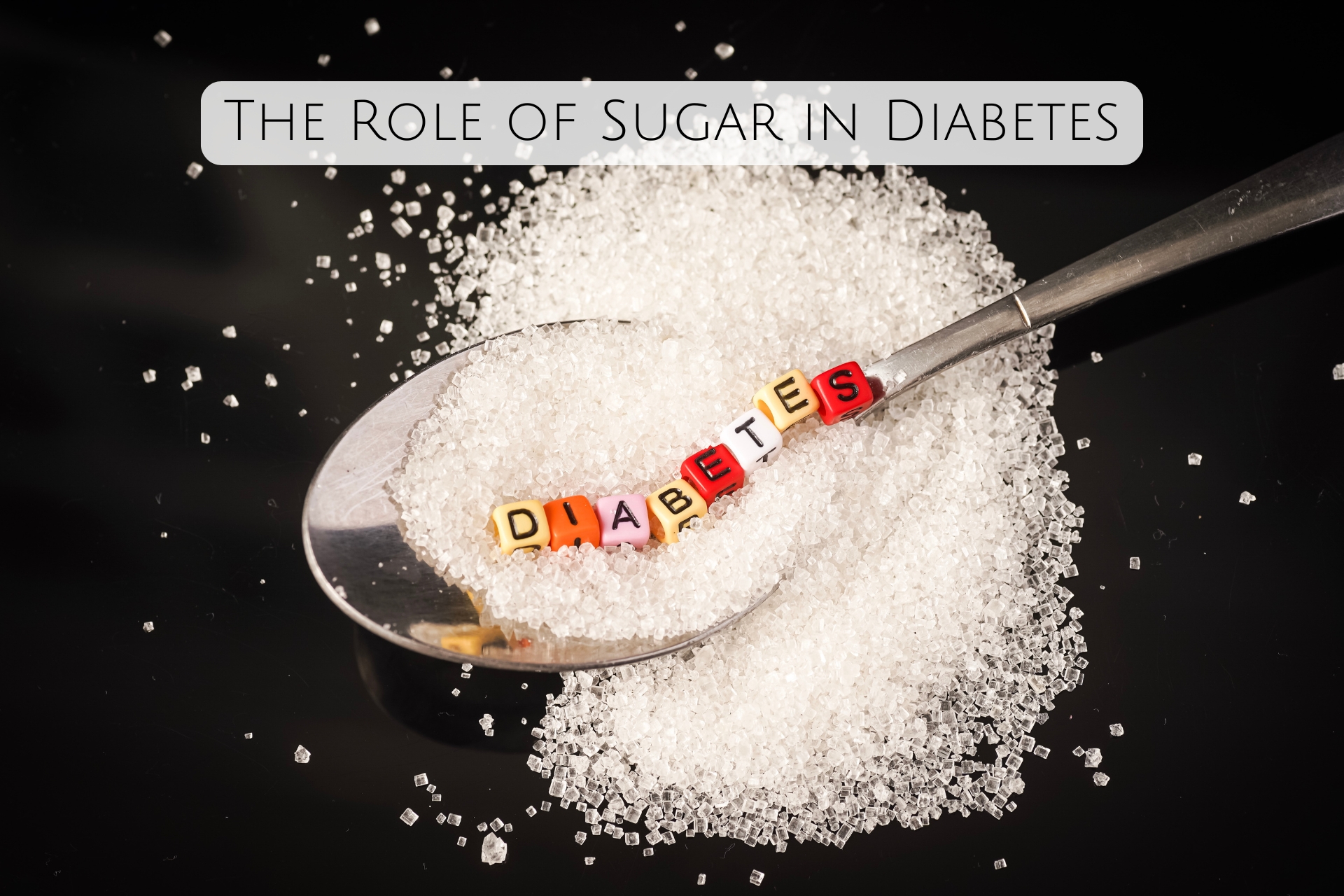
For individuals with diabetes, managing sugar intake is critical due to its direct impact on blood glucose levels. When a diabetic consumes sugar, their blood glucose can spike, which can lead to complications if not managed properly. This is why carbohydrate counting and glycemic control are essential; they help individuals with diabetes understand how much sugar and carbohydrates they consume, allowing for better insulin management.
It’s important to differentiate between simple carbohydrates (sugars) and complex carbohydrates (starches). Simple carbohydrates, such as those found in sugary snacks and beverages, raise blood glucose levels quickly. In contrast, complex carbohydrates break down more slowly, leading to more stable blood sugar levels. For diabetics, prioritizing foods with complex carbohydrates can be beneficial for maintaining steady blood glucose levels throughout the day.
Additionally, it’s worth noting that not all sugars have the same effect on the body. The glycemic index (GI) measures how quickly a carbohydrate-containing food raises blood glucose levels. Foods with a high GI can cause rapid spikes, while those with a low GI lead to more gradual increases. Diabetics must be aware of the GI of the foods they consume to make better choices that align with their health goals.
Natural Sweeteners: Pros and Cons
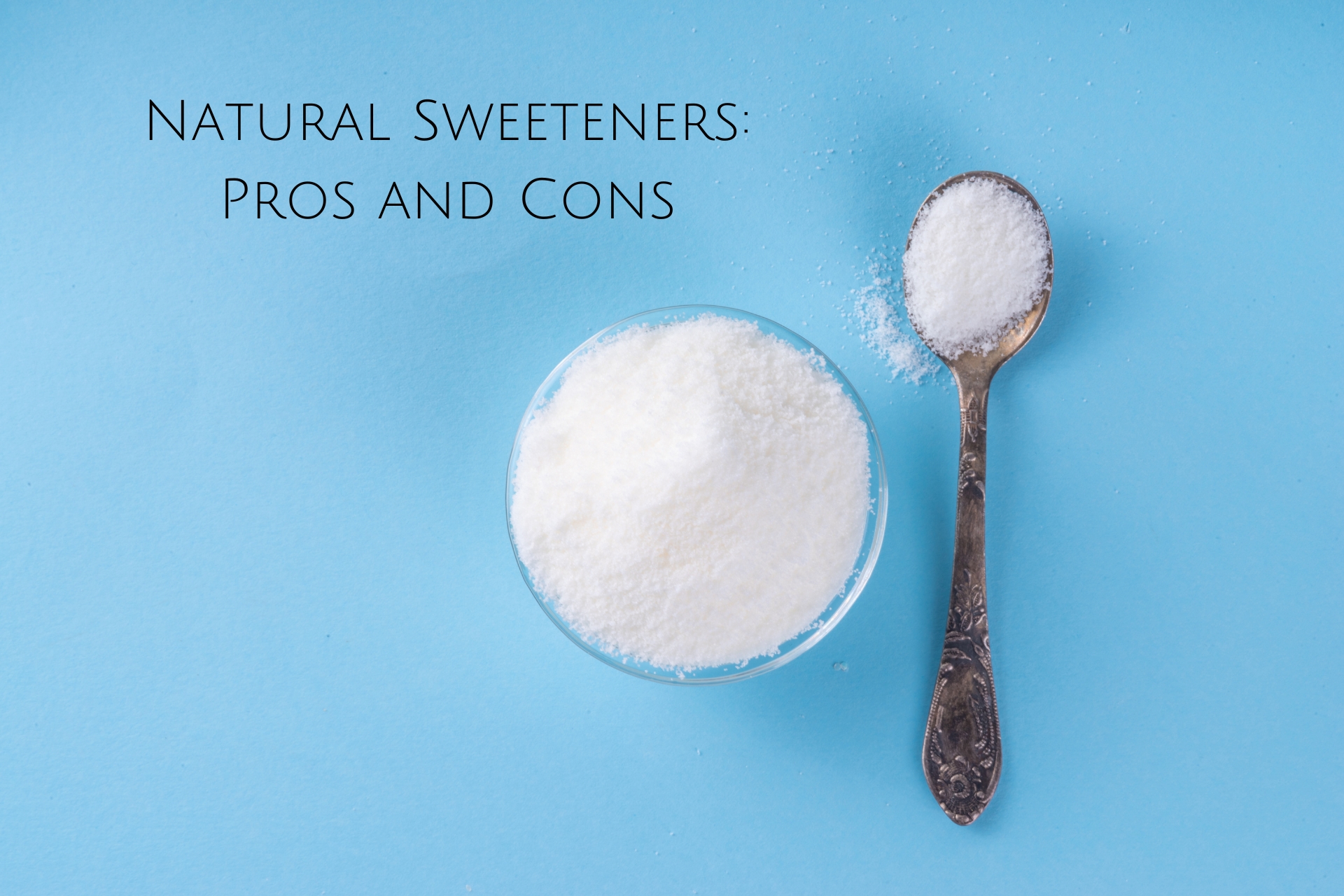
Natural sweeteners like honey, agave syrup, and stevia offer alternatives to traditional sugars. While they may have a lower glycemic index (GI) than regular sugar, it’s important for diabetics to consider their effects on blood glucose.
- Honey: Although it has a GI of around 58, honey can still raise blood sugar levels and should be consumed in moderation. However, it may offer some antioxidants and health benefits when used sparingly.
- Agave Syrup: Agave syrup has a lower GI than regular sugar but is high in fructose. When consumed in excess, it can affect insulin sensitivity and lead to weight gain, making it less ideal for diabetics.
- Stevia: Stevia is a zero-calorie sweetener that does not raise blood sugar levels and may even have beneficial effects on glucose metabolism. Its natural origin and health benefits make it a popular choice among diabetics.
Despite these potential benefits, natural sweeteners should still be used in moderation. Excessive consumption, even of natural sweeteners, can lead to weight gain and other health issues, undermining the efforts of individuals trying to manage their diabetes effectively.
Artificial Sweeteners: The Controversy
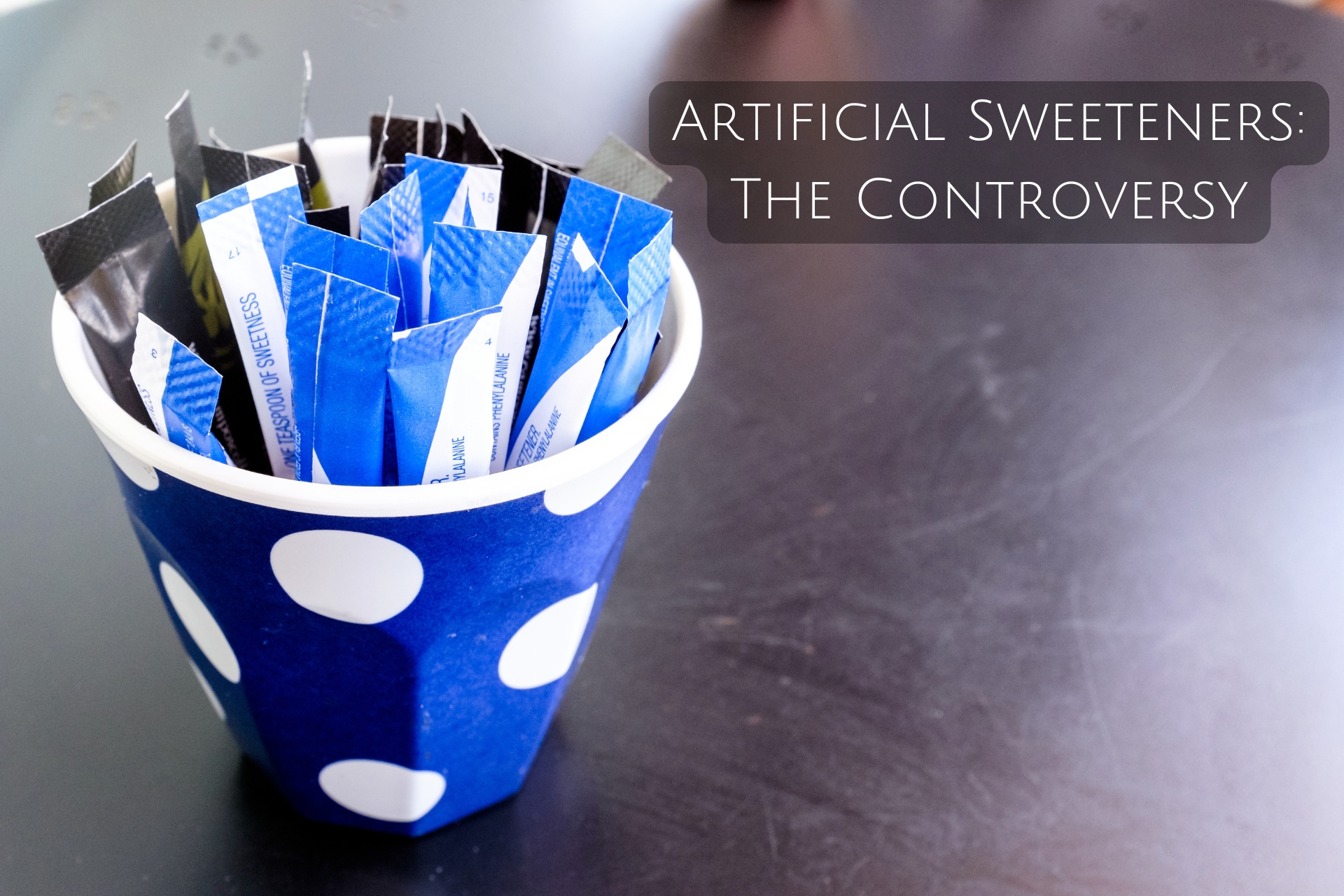
Artificial sweeteners, such as aspartame, sucralose, and saccharin, are often marketed as safe alternatives to sugar. Approved by various health organizations, these sweeteners provide sweetness without significant calories, making them attractive for blood sugar management.
However, concerns regarding their safety and long-term health effects persist. Some studies suggest a potential link between artificial sweeteners and metabolic disorders, leading to skepticism among consumers. Critics argue that while these sweeteners may aid in calorie reduction, they could also alter gut microbiota or contribute to cravings for sweet foods, which may ultimately undermine weight management efforts.
Additionally, individual responses to these sweeteners can vary widely. While some may tolerate them without issue, others experience digestive discomfort, headaches, or cravings for sweet foods after consuming them. This variability makes it essential for individuals with diabetes to monitor their reactions to these sweeteners and adjust their intake accordingly.Sugar Alcohols: A Middle Ground?
Sugar alcohols, such as xylitol and erythritol, offer another option for diabetics. They contain fewer calories than sugar and have a minimal effect on blood glucose levels, making them a suitable choice for those managing diabetes.
For example, erythritol has a GI of zero, meaning it does not raise blood sugar levels at all. Xylitol, while slightly higher on the GI scale, still has a lesser impact compared to regular sugar. However, it’s essential to note that sugar alcohols can cause digestive discomfort when consumed in excess, leading to bloating, gas, or diarrhea. Therefore, moderation is key, and reading labels for hidden sugar alcohols is crucial to prevent overconsumption.
Many products marketed as "sugar-free" contain sugar alcohols, which can be misleading. Diabetics should remain vigilant about their total carbohydrate intake and monitor how these substances affect their blood glucose levels.
Making Informed Choices
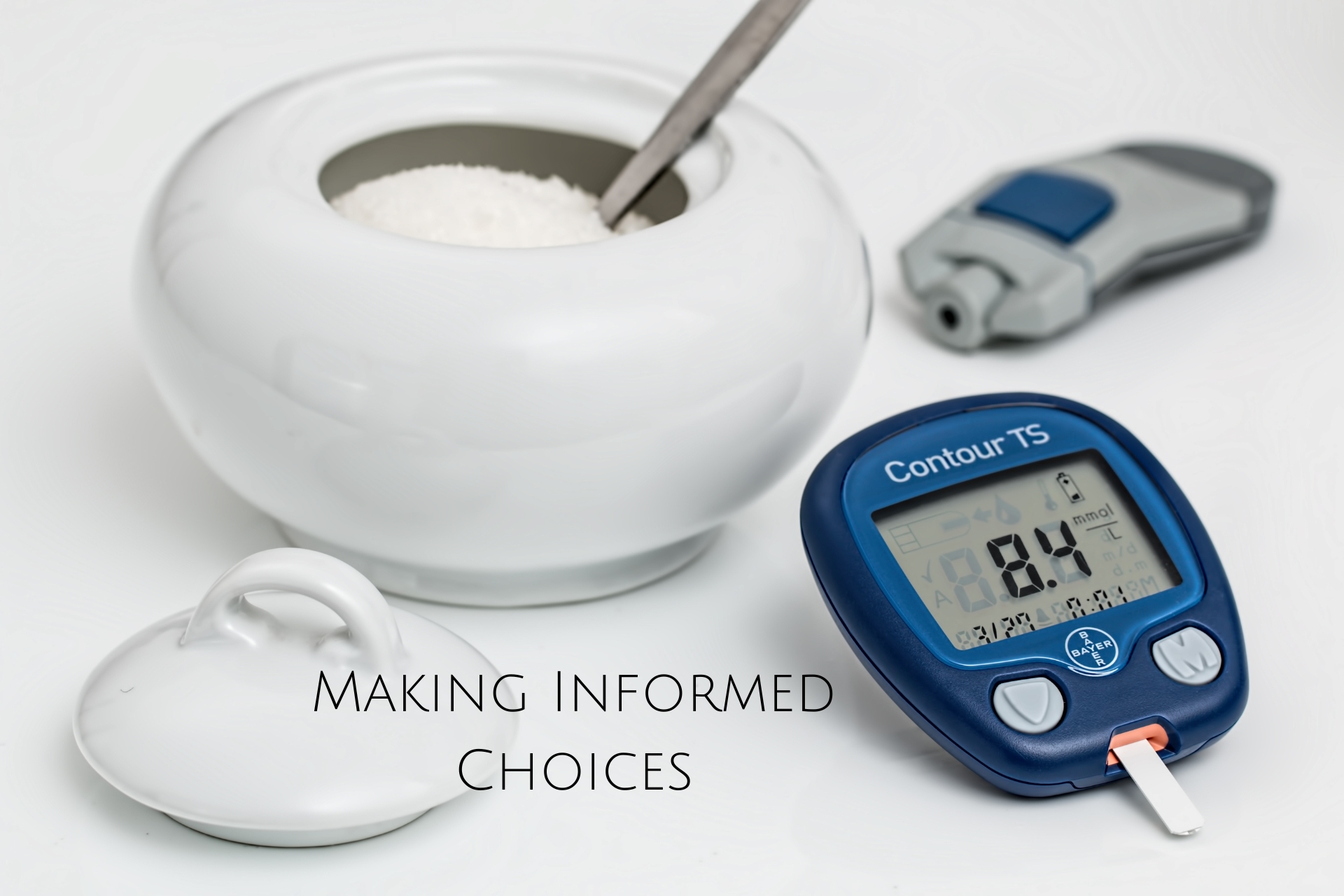
For diabetics, making informed choices about sugar and sweeteners is vital. Here are some practical tips:
- Choose Wisely: Opt for sweeteners that have minimal impact on blood glucose levels, such as stevia or erythritol. These options allow for a satisfying sweetness without compromising glucose control.
- Moderation Is Key: Even low-calorie sweeteners should be consumed in moderation to avoid potential side effects. Understanding personal tolerance can help guide consumption.
- Personalized Dietary Plans: Consult with healthcare providers or dietitians to create a personalized plan that considers individual preferences, lifestyle, and health goals. Regularly reviewing dietary choices can help maintain optimal blood sugar control.
By being proactive and informed, individuals with diabetes can make choices that support their overall health while still enjoying the flavors they love.
Conclusion
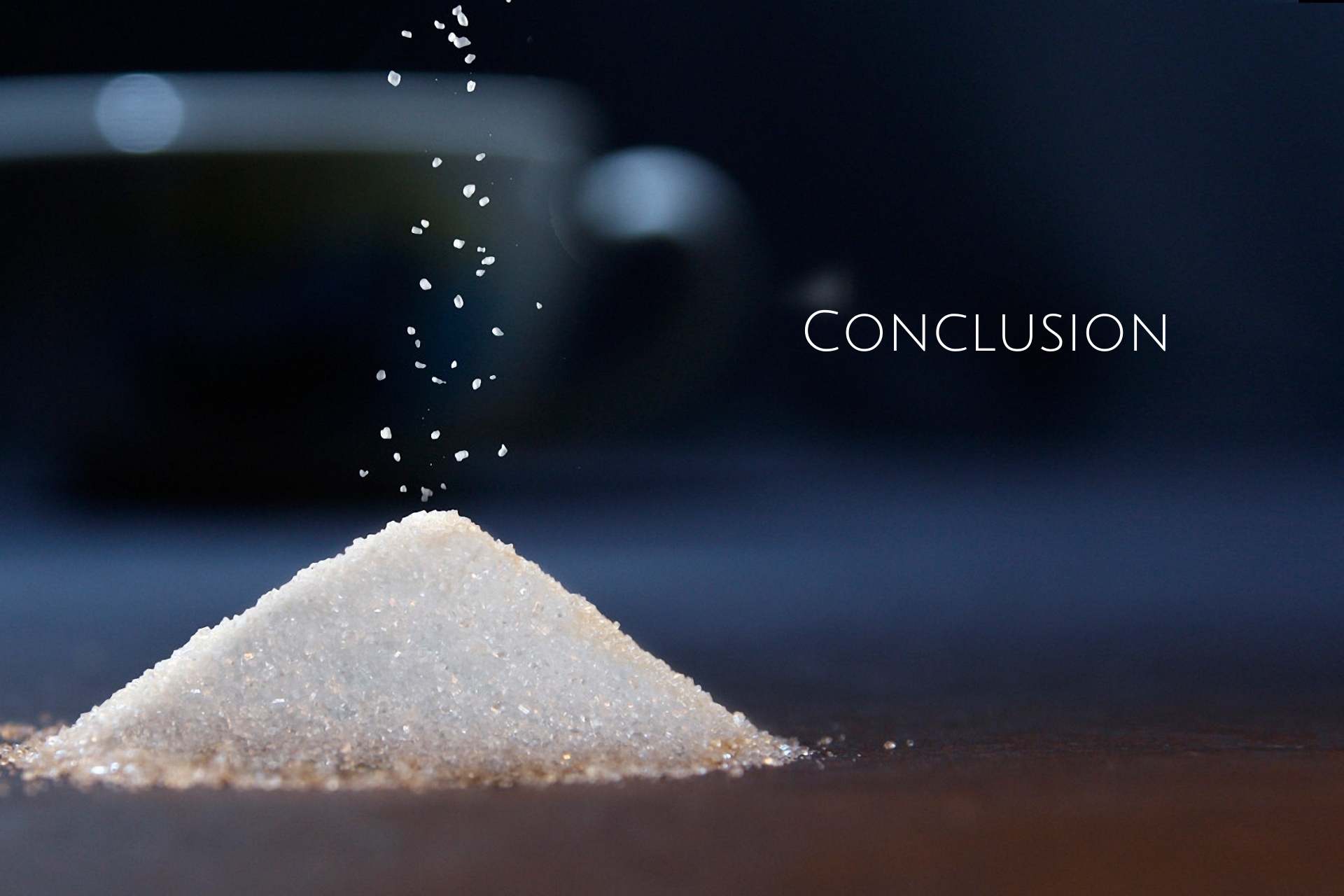
The relationship between sugar, sweeteners, and diabetes is complex and multifaceted. While sugar can pose significant challenges for blood glucose management, both natural and artificial sweeteners offer potential alternatives that can be integrated into a balanced diet. Understanding the benefits and drawbacks of these options is crucial for making informed dietary choices.
Ultimately, staying informed and consulting healthcare professionals can empower diabetics to navigate the world of sugars and sweeteners with confidence. By making educated choices, individuals with diabetes can enjoy a satisfying and balanced diet while effectively managing their health.
As you consider your experiences with sugar and sweeteners, we encourage you to share your thoughts and insights on this important topic. Your journey could help others in the diabetes community make better choices for their health, fostering a supportive environment for everyone managing diabetes.
Recent Posts
-
Red Nails vs Pink Nails: Which Looks More Romantic for Valentine’s Day?
Introduction: Valentine's Day approaches, and with it comes the timeless question: red nails or pink
-
The Wellness Valentine: Valentine’s Day Gift Ideas for Health & Wellness Lovers
Introduction: Valentine's Day has evolved beyond traditional red roses and chocolate boxes. In today
-
AI-Nutrition & Microbiome Tracking: The Personalized Wellness Revolution for India
Introduction: Traditional nutrition and wellness have relied on a one-size-fits-all approach, offeri





